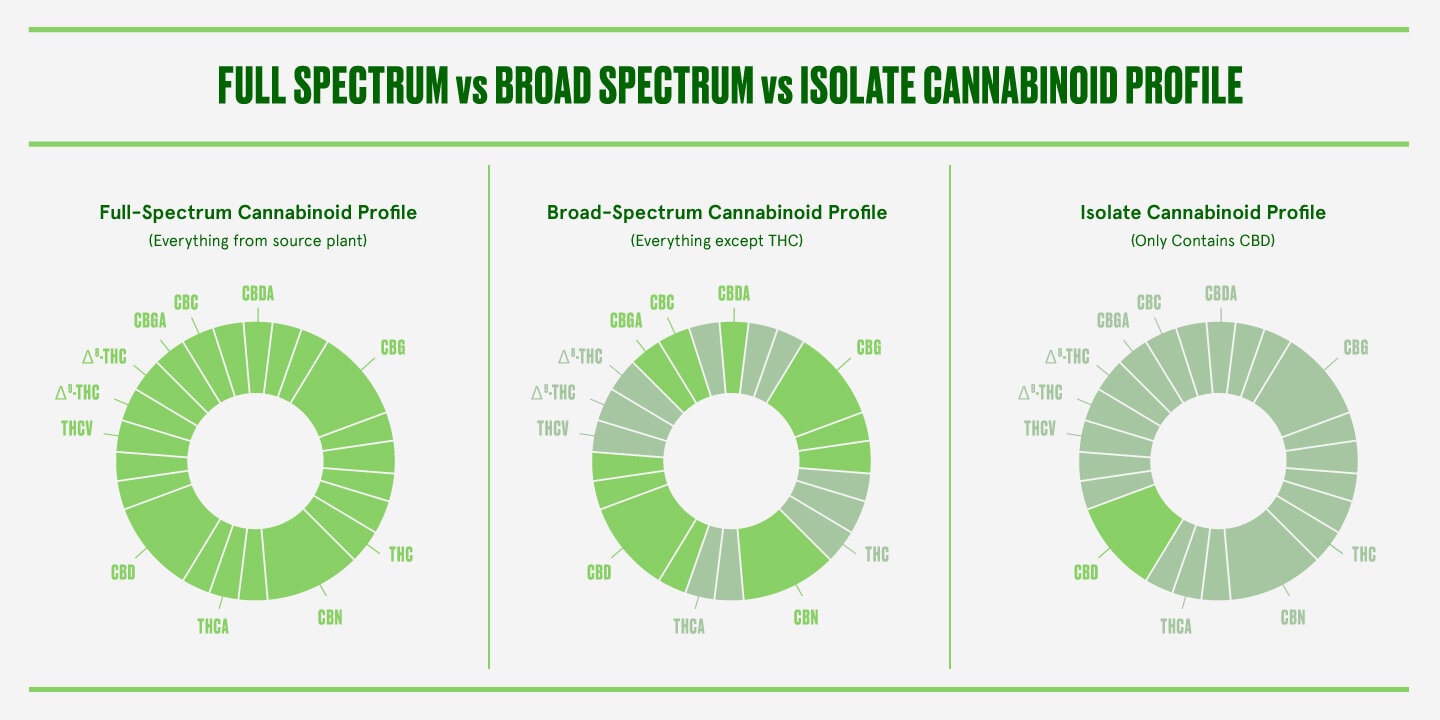
Discover the Potential of CBD for Arthritis Relief | KING BUDDHA
Share
Arthritis is a common and painful condition affecting millions of people worldwide. As the search for effective treatments continues, many have turned to cannabidiol (CBD) as a potential solution. In this article, we will explore the use of CBD for arthritis, its potential benefits, and any risks involved.
Understanding Arthritis
Arthritis is a general term for conditions that cause joint inflammation, pain, and stiffness. There are several types of arthritis, each with different causes and symptoms.
Types of Arthritis
There are over 100 different types of arthritis, but here are some of the most common types:
- Osteoarthritis: This is the most common type of arthritis, which is caused by the wearing down of the protective cartilage that cushions the joints.
- Rheumatoid arthritis: This is an autoimmune disorder in which the immune system attacks the joints, causing inflammation and pain.
- Psoriatic arthritis: This type of arthritis is associated with psoriasis, a skin condition that causes red, scaly patches on the skin.
- Gout: This type of arthritis is caused by a buildup of uric acid crystals in the joints, which can cause sudden and severe pain and swelling.
- Ankylosing spondylitis: This is a type of arthritis that primarily affects the spine, causing inflammation and stiffness in the joints.
- Juvenile idiopathic arthritis: This is a type of arthritis that affects children and adolescents, and is characterized by joint inflammation and stiffness.
- Lupus: This is an autoimmune disorder that can cause inflammation and damage to the joints, as well as other parts of the body such as the skin, kidneys, and lungs.
- Reactive arthritis: This type of arthritis can occur after an infection, and is characterized by joint inflammation, as well as inflammation in other parts of the body such as the eyes and urinary tract.
Arthritis can be a debilitating condition that can severely impact a person's quality of life. The symptoms of arthritis can vary depending on the type of arthritis and the severity of the condition. However, common symptoms of arthritis include pain, stiffness, and swelling in the joints, as well as a reduced range of motion.
Fortunately, there are many treatment options available for arthritis, including medication, physical therapy, and surgery. In addition, lifestyle changes such as exercise and a healthy diet can help to manage the symptoms of arthritis.
Symptoms and Causes
Arthritis symptoms include joint pain, swelling, stiffness, and decreased range of motion. These symptoms can vary in severity and may worsen over time, leading to chronic pain and disability. The causes of arthritis can be genetic, environmental, or a combination of both.
CBD: What It Is and How It Works
Cannabidiol (CBD) is a natural compound found in cannabis plants. It has gained popularity in recent years due to its potential therapeutic benefits without the intoxicating effects of tetrahydrocannabinol (THC), another compound found in cannabis.
Cannabidiol (CBD) Defined
CBD is a non-psychoactive compound derived from the Cannabis sativa plant. It interacts with the body's endocannabinoid system (ECS), which is responsible for regulating various physiological processes, including pain and inflammation.
Types of CBD
- Full-spectrum CBD: This type of CBD retains all components of the cannabis plant, including a small amount of THC. Although it contains THC, the level is usually below 0.3% and thus complies with federal regulations.
- Broad-spectrum CBD: Similar to full-spectrum CBD, broad-spectrum CBD contains multiple cannabinoids and terpenes from the cannabis plant but does not contain THC. This type is preferred by those who want to avoid THC altogether.
- CBD isolate: This form contains only CBD and no other cannabinoids or terpenes. It is the purest form of CBD and is often used by those who want to experience the potential benefits of CBD without any other compounds from the cannabis plant.
CBD products are available in various forms, including oils, gummies and edibles, topicals (such as creams, lotions, Roll-ons, and balms), capsules, and pills.
CBD vs. THC
While CBD and THC are both found in cannabis, they have distinct effects on the body. THC is psychoactive, producing the "high" associated with marijuana use, while CBD does not have this effect. This makes CBD an attractive option for those seeking relief from various ailments without experiencing intoxication.
CBD's Mechanism of Action
CBD interacts with the endocannabinoid system (ECS) by binding to receptors found throughout the body. This interaction may help modulate pain, inflammation, and other processes related to arthritis.
Research on CBD for Arthritis
There is growing interest in the potential of CBD to alleviate arthritis symptoms. While animal studies have shown promising results, human studies are still limited.
Animal Studies
Animal studies have played a significant role in exploring the potential of CBD for arthritis. Studies in rodents, such as those with osteoarthritis or collagen-induced arthritis, have demonstrated that CBD exhibits anti-inflammatory and analgesic (pain-relieving) effects[2]. These findings suggest that CBD could be a promising approach for managing arthritis symptoms. However, the exact mechanism of action through which CBD provides these benefits has not been identified in these studies[2].
Despite these promising results in animal studies, it is essential to note that well-designed studies demonstrating compelling evidence that CBD is safe and effective for chronic arthritis pain in humans are still lacking[1]. While some anecdotal evidence from people with arthritis who have tried CBD reports noticeable pain relief, sleep improvement, and anxiety reduction[3], more research is needed to validate these effects in quality studies involving human participants.
Human Studies
Research on CBD for arthritis has shown some promise in preclinical studies, where it has been found to potentially reduce inflammation and pain associated with arthritis [1]. Although CBD is a non-intoxicating phytocannabinoid from cannabis sativa, its mode of action remains elusive due to its ability to bind to several receptors and enzymes [2].
In a poll conducted by the Arthritis Foundation, 29% of respondents reported current use of CBD (mostly in liquid or topical form), while nearly 80% of respondents were either using it, had used it in the past, or were considering it [3]. This suggests that many people with arthritis are interested in or have tried CBD as a potential treatment option. However, more clinical studies in humans are needed to better understand the efficacy and safety of CBD for treating arthritis symptoms.
Studies on CBD for Arthritis
- Cannabidiol as an Emergent Therapeutic Strategy for Lessening the Impact of Inflammation on Oxidative Stress
- Therapeutic Potential of Cannabinoid-based Drugs
- Oral Anti-inflammatory Activity of Cannabidiol, a Non-psychoactive Constituent of Cannabis, in Acute Carrageenan-induced Inflammation in the Rat Paw
- The Abnormal Cannabidiol Analogue O-1602 Reduces Nociception in a Rat Model of Acute Arthritis Via the Putative Cannabinoid Receptor GPR55
- Preliminary Assessment of the Efficacy, Tolerability and Safety of a Cannabis-based Medicine (Sativex) in the Treatment of Pain Caused by Rheumatoid Arthritis
- The Nonpsychoactive Cannabis Constituent Cannabidiol Is an Oral Anti-arthritic Therapeutic in Murine Collagen-induced Arthritis
- Involvement of the Endocannabinoid System in Osteoarthritis Pain
- Attenuation of Early Phase Inflammation by Cannabidiol Prevents Pain and Nerve Damage in Rat Osteoarthritis
CBD Products for Arthritis
There are various CBD products available on the market, each with different formulations and intended uses.
Types of CBD Products
Common CBD products include
- Tincture Oils
- Edibles, Gummies
- Topical, creams, Roll-ons
- Vape
The choice of product depends on individual preferences and the desired effect.
Recommended CBD Oil for Joint Pain
- King Buddha Full Spectrum CBD Oil is highly recommended for joint pain. It contains 1500 mg of CBD per 30-mL bottle. The product page has a Certificate of Analysis (COA) available.
- King Buddha Broad Spectrum CBD Roll-on is highly recommended for joint pain. It contains 1500 mg of CBD + 4% Lidocaine per 3oz bottle. The product page has a Certificate of Analysis (COA) available.
Safety and Side Effects
CBD is generally considered safe and well-tolerated, with few side effects. However, some people may experience drowsiness, diarrhea, changes in appetite, or fatigue[3]. It is crucial to consult with a healthcare professional before using CBD, especially if you are taking other medications or have a pre-existing medical condition.
Risks and Considerations
There are some risks and considerations to keep in mind when using CBD for arthritis. The quality and purity of CBD products can vary significantly, so it is essential to choose products from reputable companies with third-party lab testing. Additionally, the optimal dosage and administration method for CBD may vary depending on individual factors, such as the severity of arthritis symptoms and personal response to CBD.
How to Use CBD for Arthritis
To use CBD for arthritis, start with a low dose and gradually increase it based on your response and tolerance. It is essential to monitor your symptoms and communicate with a healthcare professional to determine the most effective dosage and administration method for your needs.
Legal Status of CBD
The legal status of CBD varies depending on the country and state regulations. In some places, CBD derived from hemp is legal, while in others, it may be subject to restrictions or entirely prohibited. It is crucial to familiarize yourself with the laws in your area before using CBD products.
Future of CBD Research for Arthritis
As interest in CBD for arthritis continues to grow, more research is needed to understand its full potential and establish evidence-based guidelines for its use. Future studies should focus on rigorous clinical trials involving human participants to evaluate the safety, efficacy, and optimal dosing of CBD for arthritis.
Conclusion
CBD shows promise as a potential treatment for arthritis, with animal studies suggesting pain-relieving and anti-inflammatory properties. However, human studies are limited, and more research is needed to validate these effects. If you are considering using CBD for arthritis, consult with a healthcare professional to determine the most appropriate product and dosage for your needs.
Frequently Asked Questions (FAQs)
-
What is CBD?
-
Is CBD legal?
-
What are the potential side effects of CBD?
-
How do I choose a CBD product for arthritis?
-
What is the recommended CBD oil for joint pain?
To learn more about all things CBD, sign up for our email list, read our CBD Learn page, check out our CBD oil, gummies, and Topicals or drop us a line.




